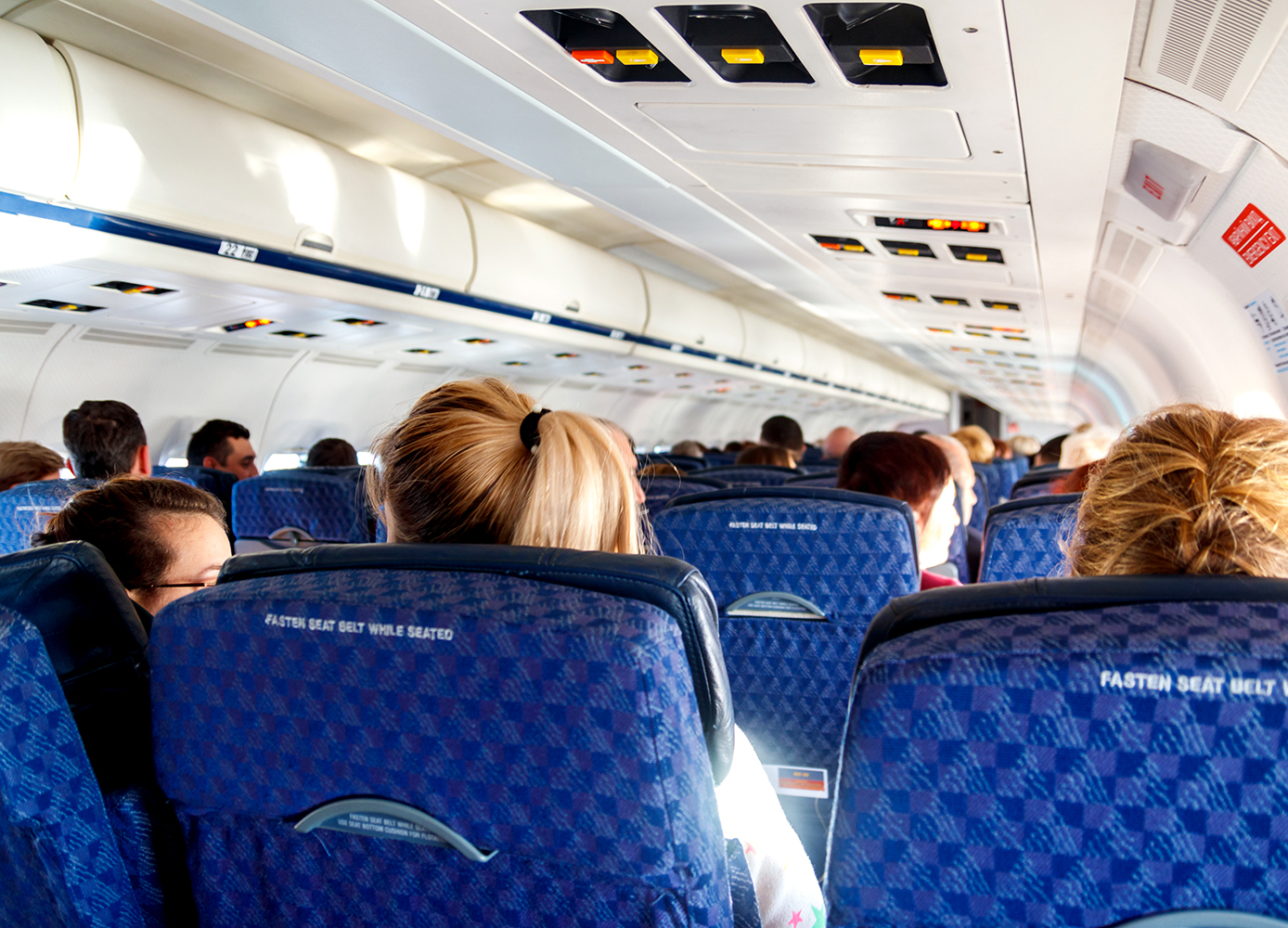The Canadian airline’s move helps to pave the way for future sustainable travel
By Erika Morris
Montreal-based Air Transat is undertaking an environmental initiative by transitioning to fueling its planes with sustainable aviation fuel (SAF), which is made with kerosene derived from captured carbon dioxide.
The airline recently signed a deal with SAF+ Consortium to construct a pilot plant to make the kerosene in Montreal.
The kerosene is made by trapping the carbon dioxide produced by large industrial emittersl; the new synthetic fuel and has a carbon footprint about 80% lower than that of traditional jet fuel.
“This initiative is part of our commitment to reducing our own carbon footprint while contributing to the achievement of the airline industry’s ambitious decarbonization targets,” the president and general manager of Air Transat, Jean-François Lemay, said in a press release.
The first delivery flights were run using a kerosene blend continuing 10% sustainable aviation fuel supplied by the Finnish company Neste, which makes fuel from organic materials such as cooking oil, animal fats, and algae.
Air Transat plans to buy a large portion of the future sustainable aviation fuel production.
SAF+ Consortium says the demand for sustainable travel will rise exponentially in the coming decades, and this move makes Canada as a front-runner in the industry while creating jobs. It will also save the airline money on fuel.
The project is beginning with delivery flights. The Airbus plant in Hamburg, Germany, has been producing the aircraft using this fuel, and until now deliveries with SAF were only done to Toulouse, France, and Mobile, Alabama.
The first planes from Hamburg arrived in Montreal on July 17 and 18. The carbon dioxide emissions from those flights were offset by the purchase of carbon credits, making them carbon-neutral.
Air Transat’s and Airbus’s interests in environmental matters isn’t new. They have already implemented projects such as a fuel-management program. The aircraft involved consume 15% less fuel than the previous generation of Airbus aircrafts.
The fuel is certified by international sustainability and carbon certificates and meets the sustainability requirements set by the European Union Renewable Energy Directive.
Photo: iStock/Chalabala.






